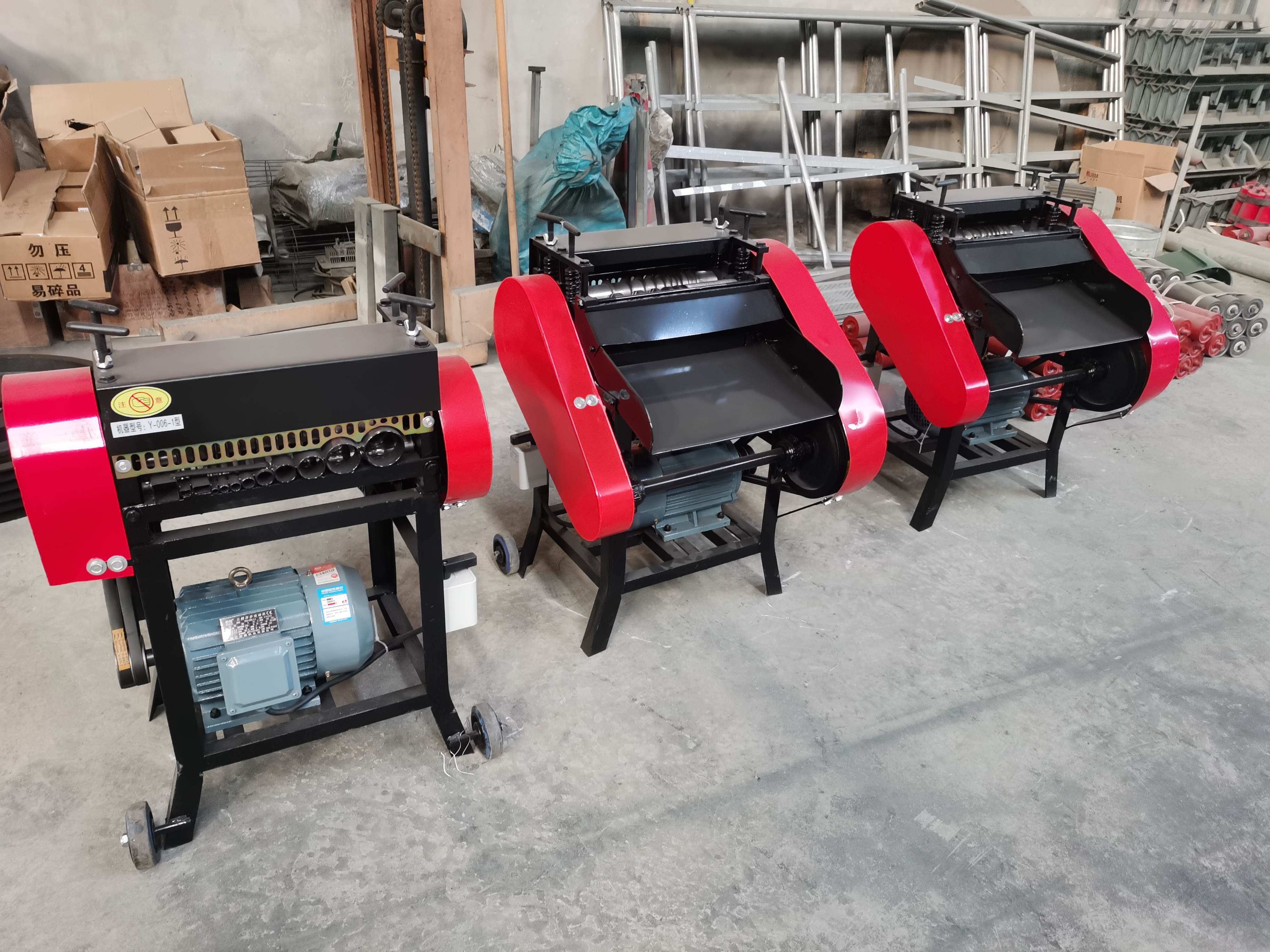Industrial chippers are a vital asset in various sectors including agriculture, landscaping, and waste management. They transform large volumes of wood and organic waste into smaller, manageable pieces, significantly enhancing efficiency in material disposal and recycling. Understanding their utility and the nuances of their functionality offers profound insights into their increasing popularity across diverse industrial applications.

When choosing an industrial chipper, one must prioritize performance and reliability. These machines are designed to handle tough and dense materials such as tree branches, trunks, and stumps. Therefore,
the build quality is paramount. High-grade steel components and robust design ensure durability and longevity, reducing downtime and maintenance costs substantially. Additionally, opting for a chipper with a powerful engine ensures seamless operation even under demanding workloads, making it a worthwhile investment for businesses focused on consistency and productivity.
Industrial chippers are broadly classified into different types based on their functionality and operational specifications. The most common types include drum chippers, disc chippers, and screw chippers. Each type comes with its unique advantages. Drum chippers, for instance, are known for their high throughput capacity, making them suitable for large-scale operations. Disc chippers, on the other hand, offer precise chipping and are preferred for producing uniform chip sizes. Understanding these differences is crucial for selecting equipment that aligns with operational needs and output requirements.

Operational safety is another critical aspect when utilizing industrial chippers. Given their powerful blades and high-speed rotating systems, adhering to safety standards and protocols is non-negotiable. Operators must receive thorough training and wear appropriate protective gear such as gloves, helmets, and goggles. Additionally, regular maintenance checks are essential to ensure all safety mechanisms are functioning correctly, minimizing the risk of accidents and ensuring a safe working environment.
industrial chipper
Innovative technological integrations have also been instrumental in the advancement of industrial chippers. Modern chippers often incorporate smart technology features such as automated feed systems, which optimize the feeding rate based on material density and wood type. These features not only enhance efficiency but also reduce operator workload, allowing for more focus on other critical tasks. Furthermore, advancements in noise reduction technology have made newer models more environmentally friendly and community compliant, expanding their usability in residential areas.
In terms of environmental impact, industrial chippers contribute positively by facilitating waste reduction and promoting the recycling of organic materials. Wood chips produced by these machines can be repurposed in various ways, including mulch for landscapes, biofuel, or even as a raw material for paper production. This adaptability not only aids in waste management but also contributes towards sustainable practices in industries that generate substantial organic waste.
The market for industrial chippers is expected to grow as more industries recognize the value they provide. However, selecting the right model requires a clear understanding of your specific needs, considering factors such as material type, volume, and frequency of use. Engaging with industry experts and leveraging professional advice ensures that the chosen chipper not only meets current operational demands but is also scalable for future needs, reinforcing both operational efficacy and environmental responsibility.



